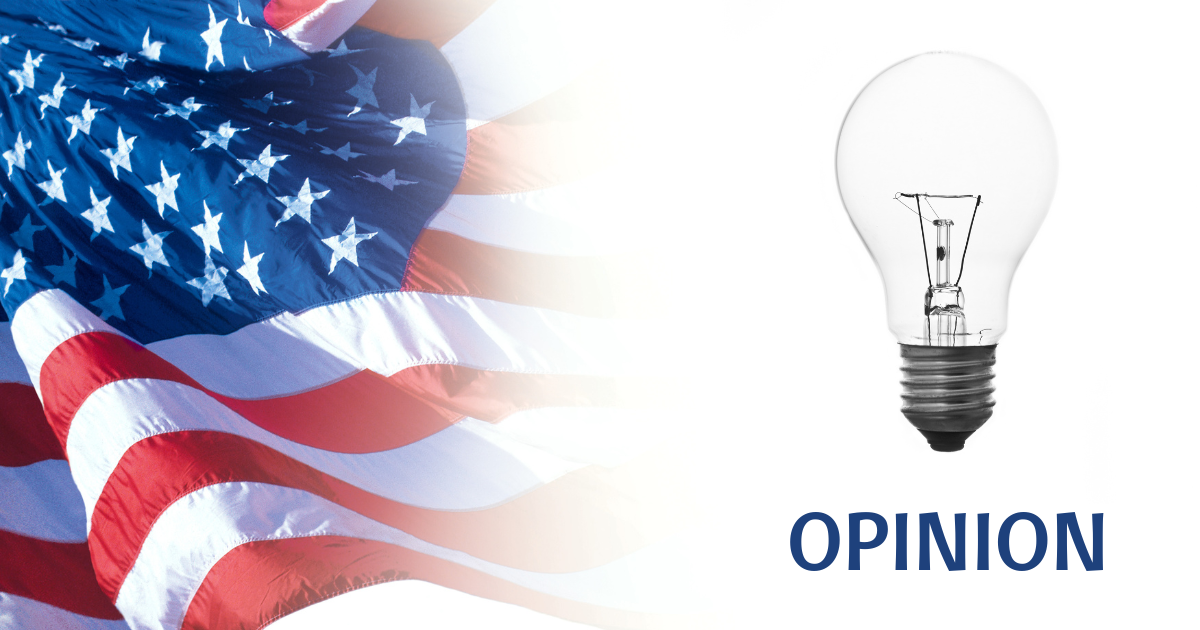(The Center Square) – At the Republican primary debate last week, presidential hopefuls disparaged the state of education in the nation, with some candidates advocating for the abolition of the U.S. Department of Education and the promotion of school choice options.
It’s an issue that seems sure to reappear as voters signal strong concerns with the quality of traditional public education. The Center Square Voters’ Voice Poll, conducted by Noble Predictive Insights, found that more Americans are dissatisfied than satisfied with the quality of education at their local public school.
The poll of 2,500 voters found that 39% were satisfied with the quality of their local public school’s education, and 41% were dissatisfied. The poll asked 1,000 Republicans, 1,000 Democrats and 500 independent voters about their views.

Moderates who lean Republican had the highest dissatisfaction rate, 52%, followed by voters who identified as strong Republicans with a 51% dissatisfaction rate. Of all Republican respondents, 47% said they were dissatisfied. Of Democratic voters, 33% were dissatisfied.
According to Mike Noble, founder and CEO of Noble Predictive Insights, such a polarized issue can lead to Republicans and Democrats changing their perception of satisfaction on an issue based on who is in the White House.
“The big thing on education, you got to look at the tie-breaker, which is the independents,” Noble said. “Independents are seven points in the dissatisfied realm, so independents are leaning a little bit towards Republicans on this issue.”
Of those who approve of President Joe Biden’s performance, 52% said they were satisfied with public education. Of those who disapprove of Biden, just 31% said public schools were satisfactory.
Satisfaction with the performance of their local public school districts also varied depending on the region voters lived in.
Noble said that voters in the southern region of the United States were more dissatisfied with the quality of education, with 45% expressing dissatisfaction. Those in the country’s northeast region were most satisfied, with 47% expressing satisfaction with the education system.
“You can read into that all you want,” Noble said. “It’s interesting, the big disparity.”
Perhaps some of that comes from debates over what is appropriate for students. An April report from the free speech organization PEN America found that southern states like Florida and Texas saw the highest number of removals of controversial books.
The Center Square Voters’ Voice Poll also found that parents with children under the age of 18 were more likely to say their local public school was doing a good job than those with grown children or without children.
Voters who live in the suburbs indicated they were more pleased than voters who lived in rural or urban areas. Rural voters were the most likely to say they were dissatisfied with the quality of education offered.
Voters with a higher household income were also more likely to say they were pleased with their public schools, with 44% of those earning more than $100,000 a year signaling approval compared with 40% of voters bringing in between $50,000-$100,000, and 35% of those making less than $50,000 a year.
As debates continue into election season, it’s clear that education will be a talking point, especially for the GOP, according to Noble.
“Education has become a kind of battleground, and you see, obviously, it’s become a political football – Republicans have a bit of an edge over Democrats currently on this wedge issue,” Noble said.
Earlier poll results in The Center Square Voters’ Voices Poll indicate that two of every three voters don’t want biological males who identify as female playing female sports; the GOP frontrunners, former President Donald Trump and DeSantis, would be locked in tight races with Biden; that Biden is largely under water with voters in a number of key descriptors; that inflation, crime and the economy/jobs are the top issues for voters; and voters are concerned about excessive government spending but it’s not their top concern.
The poll was conducted by Noble Predictive Insights from July 31 to Aug. 3. Unlike traditional national polls, with limited respondent count of about 1,000, Noble Predictive surveyed 1,000 registered Republicans, 1,000 registered Democrats, and 500 independents, culminating in a sample size of 2,500. The margin of error for the aggregate sample was ±2.4%, with each political group independently weighted. For information about the methodology, visit www.noblepredictiveinsights.com.
By Brendan Clarey | Chalkboard News








